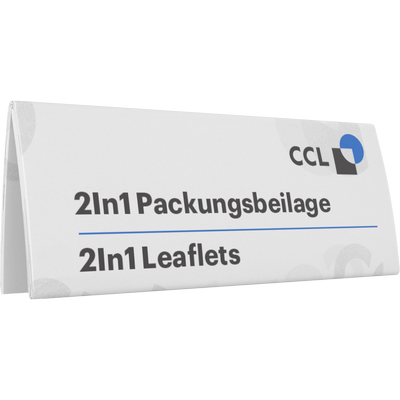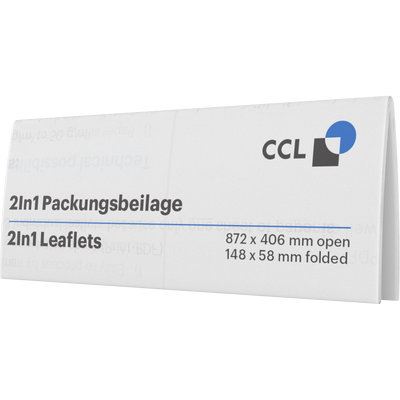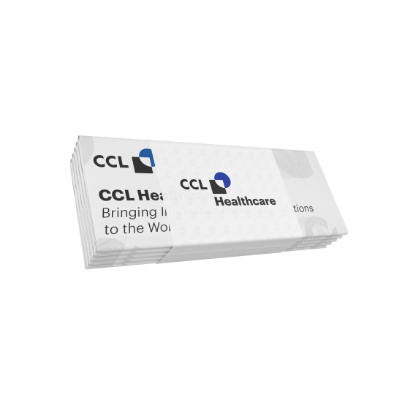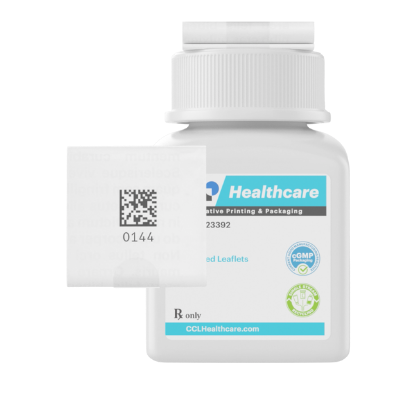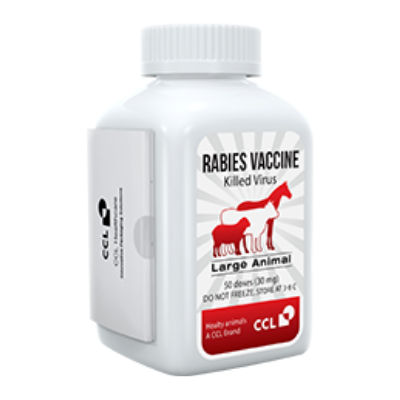Folded Insert Leaflets
Combination Folded Leaflets
Printed Literature - Combination Folded Leaflets
Folded Leaflets are custom designed and come in a large array of formats, flat sizes, fold patterns and final folded sizes. These leaflets are designed to be inserted and flat or vertically in a partition of a carton.
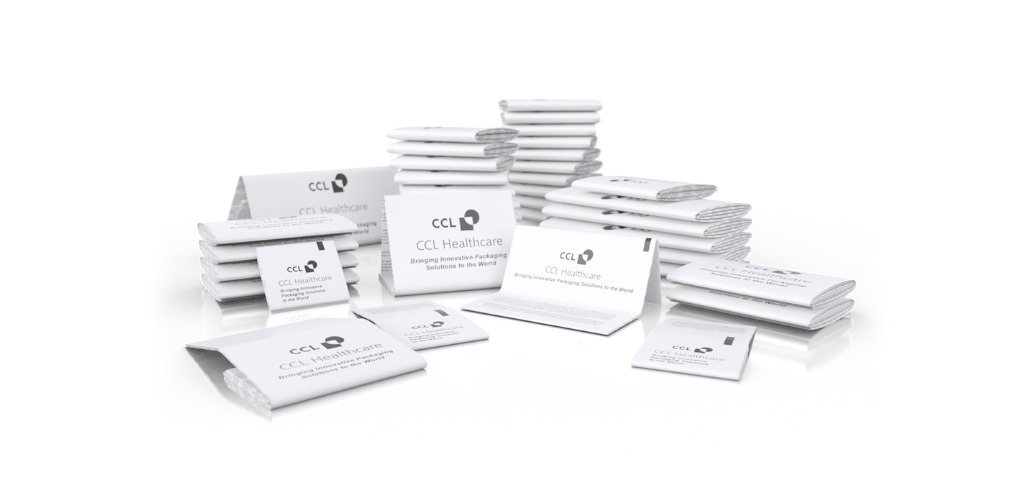
Combination Leaflets
Printed Literature - Combination Folded Leaflets Overview
A single sheets of printed literature folded down into small, compact pieces which can be used as inserts, topserts, or sideserts. With capabilities of up to 350 printed panels, leaflets include information for Physicians or Consumers, such as side effects, instructions for use (IFU), and more. The large space provided with folded leaflets also allows room for multilingual instructions. Color capabilities range from 1 to upwards of 6 with a coating, and can be achieved through multiple passes.
Finishing - Folded Leaflets Inserts
Contact Us
Contact a Packaging Specialist.
Request a Quote
Do you need a quote for Printed Literature?
Newsletter
Stay connected with CCL Healthcare?
CCL Healthcare is market leader custom cGMP printed packaging solutions. We offer the industries largest array of printed packaging and functional secondary packaging products. The products shown on the website are only a small sampling of the formats, constructions, and configurations. To discuss your unique or custom packaging needs, please contact a packaging specialist.
Printed Literature Leaflet Overview
A single sheets of printed literature folded down into small, compact pieces which can be used as inserts, topserts, or sideserts. With capabilities of up to 350 printed panels, leaflets include information for Physicians or Consumers, such as side effects, instructions for use (IFU), and more. The large space provided with folded leaflets also allows room for multilingual instructions. Color capabilities range from 1 to upwards of 6 with a coating, and can be achieved through multiple passes. Provides drug information that covers the range from identification, cost, and pharmacokinetics to dosage and adverse effects. The information is also necessary concerning reactions in the body, health, or with diseases in order to better utilize the medication. Literature provides the space for all the content necessary to disclose everything that the patient needs to safely administer their dosage.
